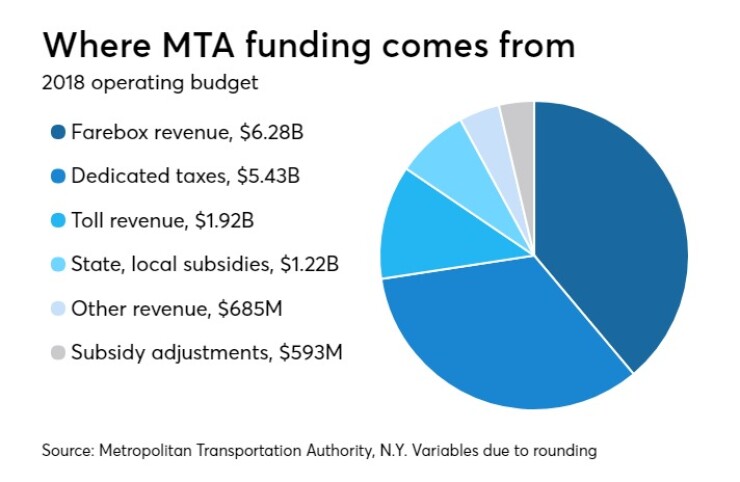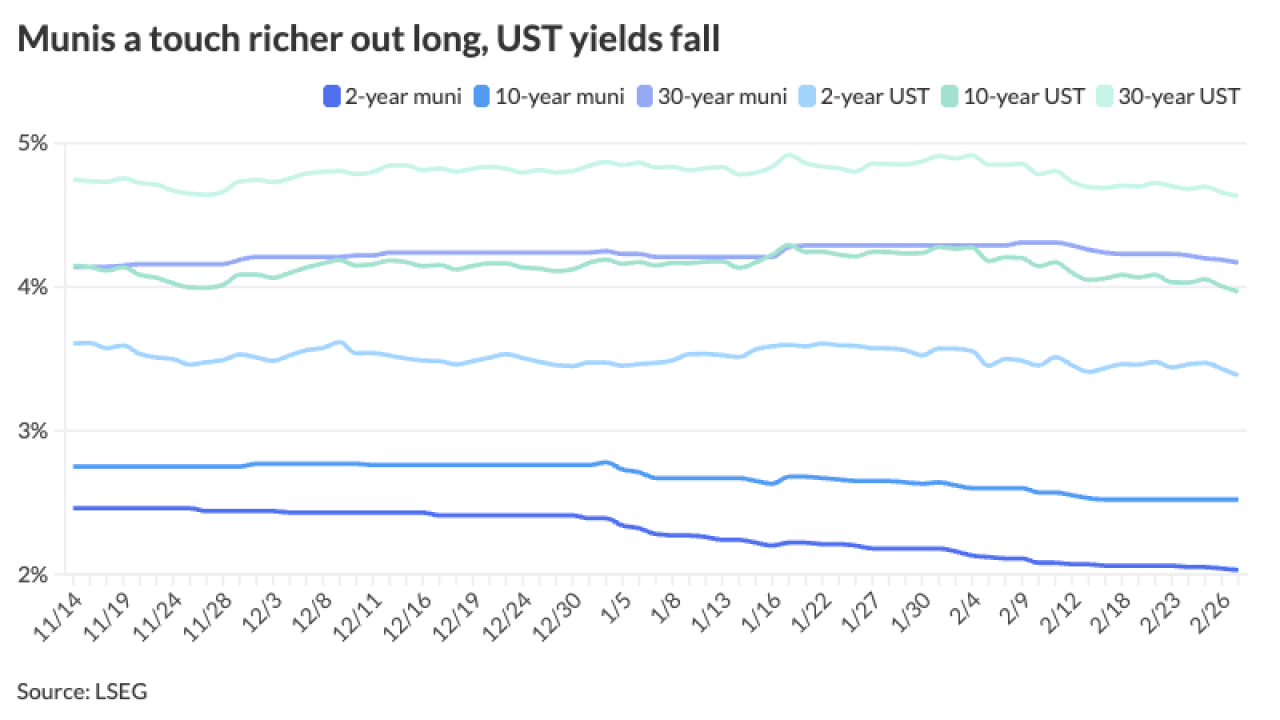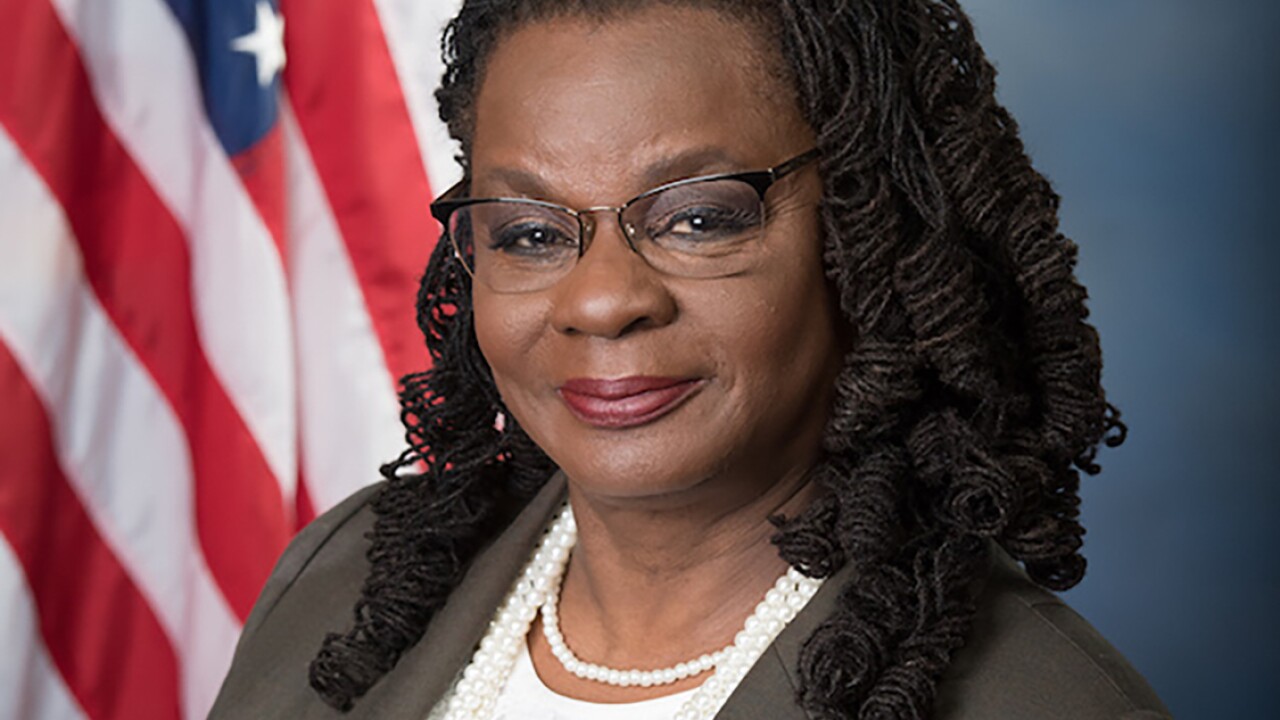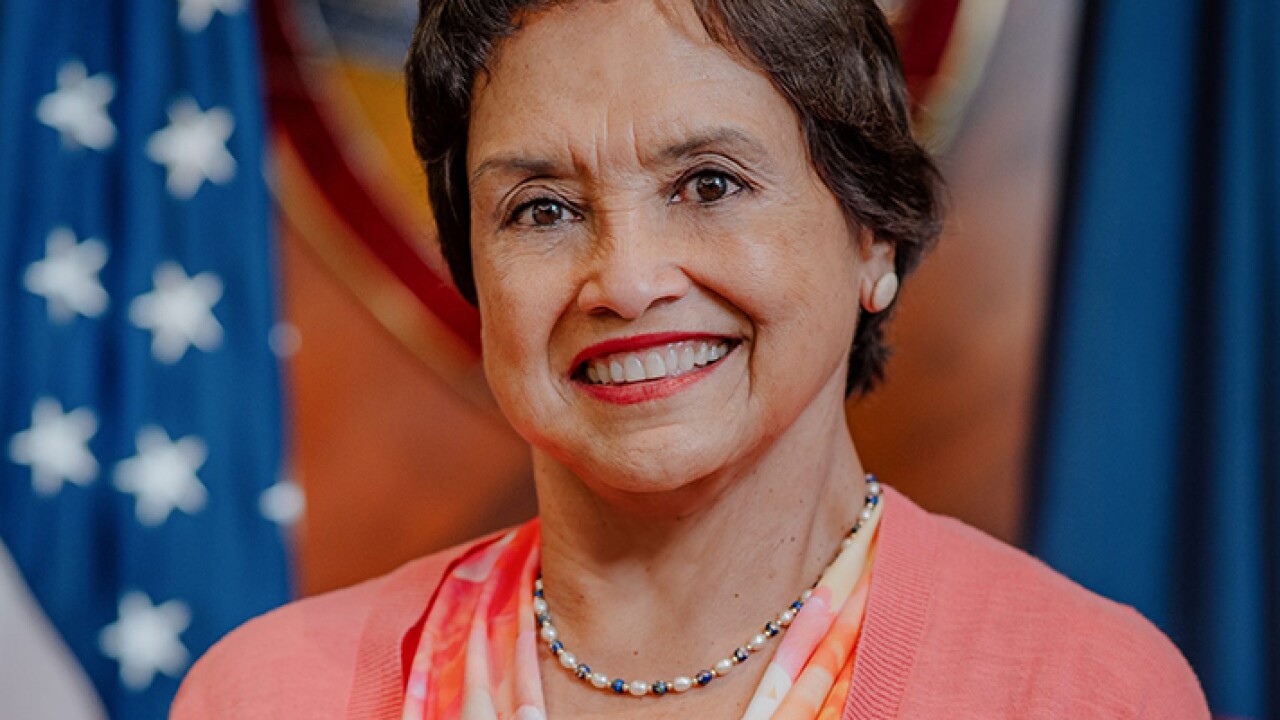As a Dec. 31 budget deadline hovers, New York’s Metropolitan Transportation Authority is operating amid unprecedented revenue volatility that could affect its operational and capital spending, and bonding strategy.
The MTA’s Finance Committee on Monday approved a $16.2 billion operating budget for 2018 after a spirited exchange among board members, Chairman Joseph Lhota and Chief Financial Officer Robert Foran.
The authority operates New York City’s subways and buses, two commuter rail lines and several bridges and tunnels. Its full board will vote on the plan Wednesday.
Variables range from the effect of any federal tax bill on advance bond refundings to uncertainty about state and city contributions to the first phase of a subway action plan that Lhota announced over the summer in one of his first moves after returning as chairman.
That plan is intended as a triage for the system in the face of numerous breakdowns, delays and track fires.

“The uncertainties here are huge,” said board member David Jones. “We don’t have commitments other than a handshake agreement from the state or the city. We have a federal budget that looks like it could rip a hole as big as a Mack truck or a large subway through most of our plans.
“Moreover, we’re facing a real crisis with the tax changes that are coming, which are going to undermine a lot of our notions of how this system is going to get money.”
Republican leaders in Washington are negotiating a concurrence to tax-overhaul bills that passed the Senate and the House of Representatives. Both versions would end advance refundings.
The MTA is one of the largest municipal issuers with roughly $39 billion of debt.
“If the tax plan as envisioned goes through, we would lose the opportunity to do these kinds of transactions,” said finance director Patrick McCoy, who told board members he would brief them more fully next month.
The MTA’s $2 billion transportation revenue green bond transaction in November was an advance refunding. According to McCoy, the authority realized about $157 million in present-value savings.
“We were very pleased to be able to get this out into the market and successfully price,” said McCoy.
Roughly 72% of the authority’s $720 million sale of Triborough Bridge and Tunnel Authority general revenue bonds involved an advance refunding, said McCoy, with net present value savings at about $56 million.
The operating budget assumes $436 million in funding from New York State for the subway action plan, which must enact its budget by April 1. It also assumes a “new source of funding” for a similar amount. Lhota and Gov. Andrew Cuomo have asked New York City to kick in the other half, but Mayor Bill de Blasio – a political rival of Cuomo – to date has balked.
“The subway action plan is needed to be funded now,” said Foran. “And what we’re trying to see what we can fund now. It’s the near-term aspect of this plan that has to take immediate action.”
Cost reduction targets and biennial fare and toll increases, among other measures, are necessary to keep projecting deficits from reaching $1 billion by 2021. The fare hikes require separate board action.
A variety of organizations including state Comptroller Thomas DiNapoli’s office, the watchdog Citizens Budget Commission and the think tank Manhattan Institute for Policy Research have called for a variety of measures including a dedicated funding source – long a moving target for the MTA – and operational improvements such as streamlined procurements and legacy cost containment.





